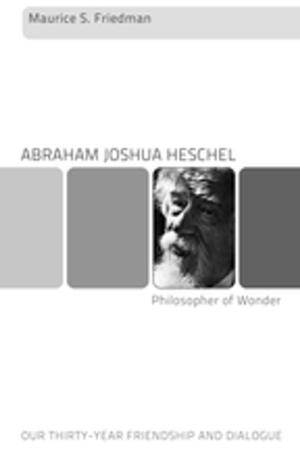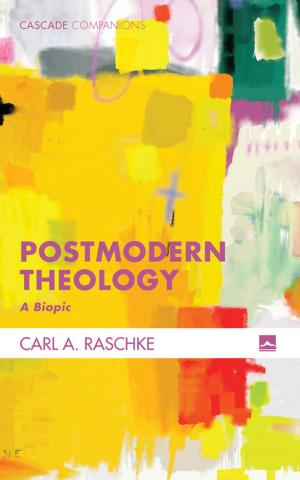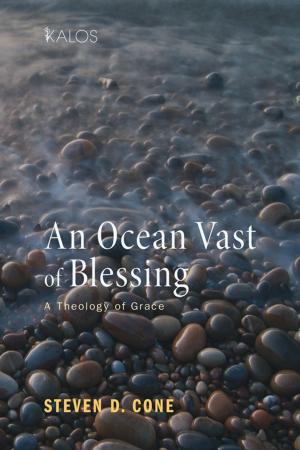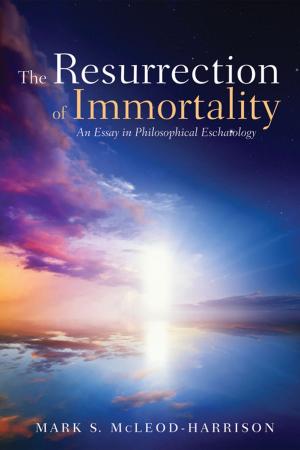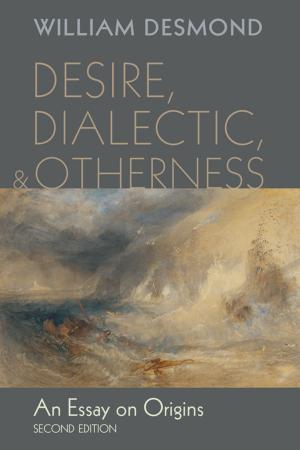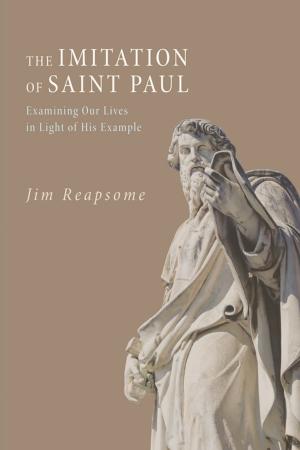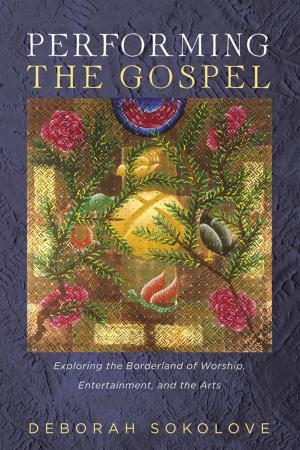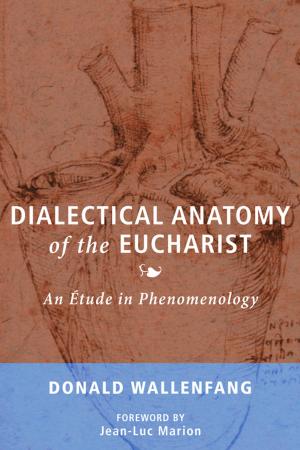| Author: | David R. Wallace | ISBN: | 9781630879242 |
| Publisher: | Wipf and Stock Publishers | Publication: | September 1, 2008 |
| Imprint: | Pickwick Publications | Language: | English |
| Author: | David R. Wallace |
| ISBN: | 9781630879242 |
| Publisher: | Wipf and Stock Publishers |
| Publication: | September 1, 2008 |
| Imprint: | Pickwick Publications |
| Language: | English |
When Paul pens his letter to the Roman believers, he writes as a missionary to strengthen a church at the center of imperial power, choosing language that is familiar to his recipients. Paul responds not only to the influence of Judaism but also to the wider culture by contrasting prominent Roman values. David Wallace argues that Paul's gospel in Romans rejects and countervails the significant themes of Virgil's Aeneid, the most well-known prophetic source that both proclaimed Roman ideology and assured Roman salvation. After demonstrating that a close but nonauthoritarian relationship existed between Augustus and Virgil, Wallace examines relevant literary aspects, symbolism, and key imagery of Virgil's epic. A discussion of Paul's contraliterary approach follows, drawing out possible parallels and echoes in Romans against the universal message of the Aeneid.
When Paul pens his letter to the Roman believers, he writes as a missionary to strengthen a church at the center of imperial power, choosing language that is familiar to his recipients. Paul responds not only to the influence of Judaism but also to the wider culture by contrasting prominent Roman values. David Wallace argues that Paul's gospel in Romans rejects and countervails the significant themes of Virgil's Aeneid, the most well-known prophetic source that both proclaimed Roman ideology and assured Roman salvation. After demonstrating that a close but nonauthoritarian relationship existed between Augustus and Virgil, Wallace examines relevant literary aspects, symbolism, and key imagery of Virgil's epic. A discussion of Paul's contraliterary approach follows, drawing out possible parallels and echoes in Romans against the universal message of the Aeneid.

